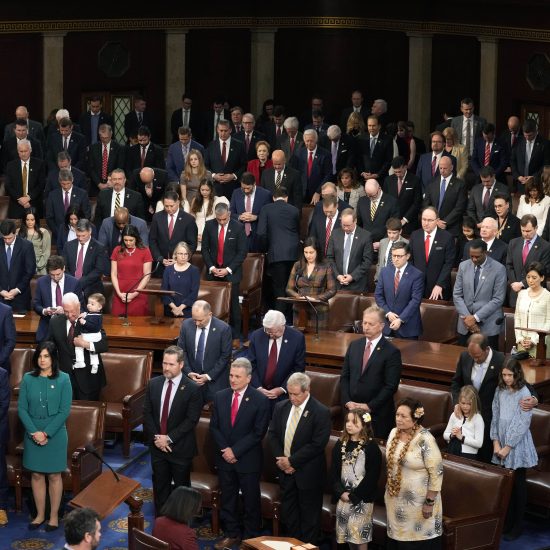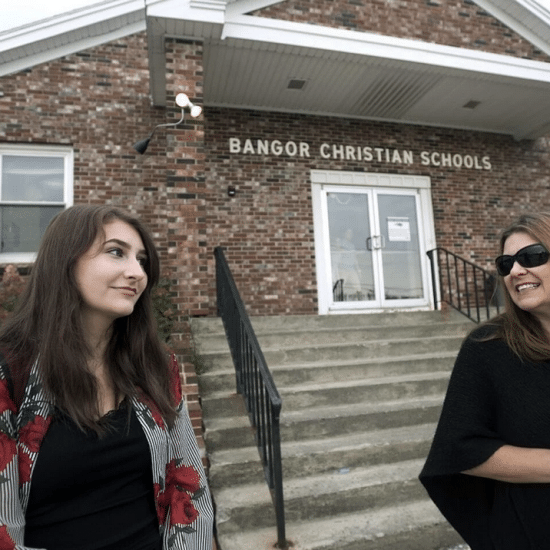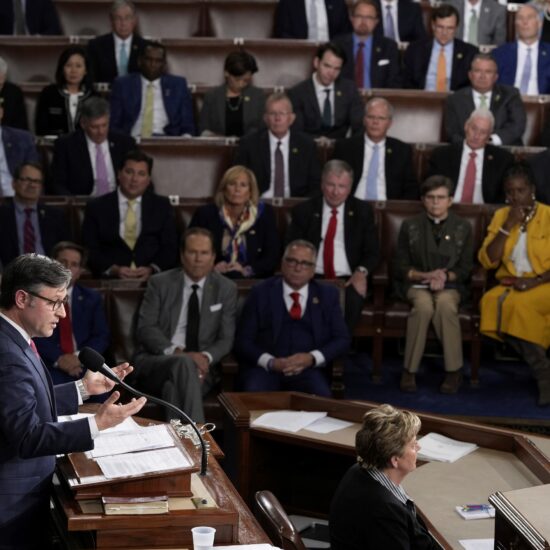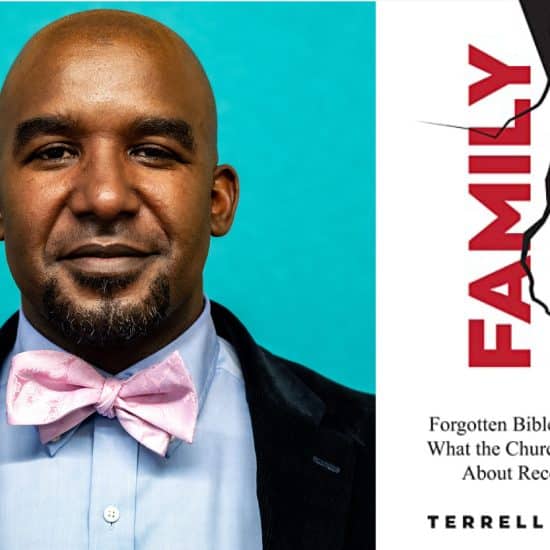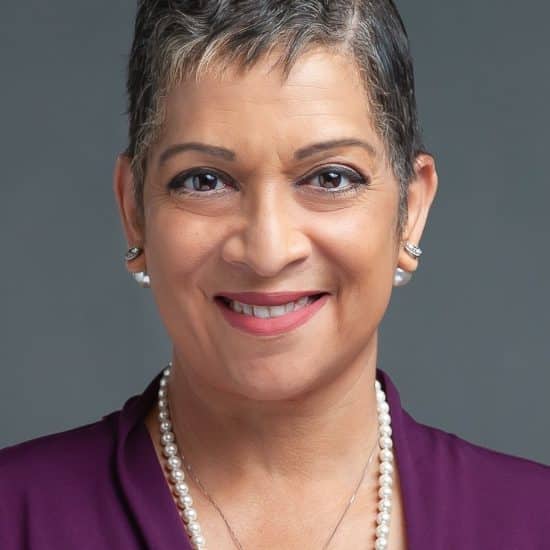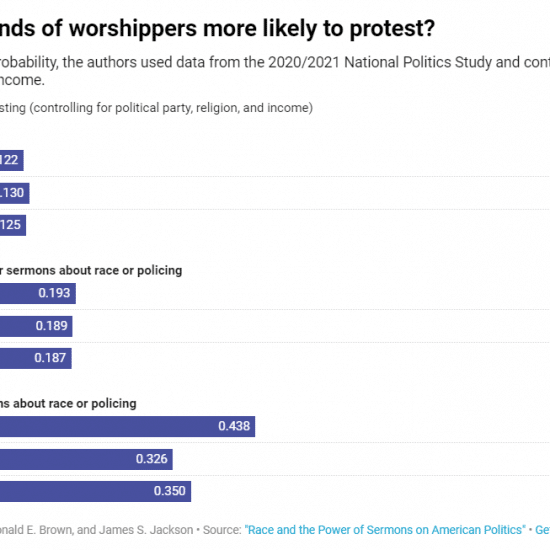WASHINGTON (ABP) – Two American church-state experts say Friday’s British royal wedding holds lessons about why the marriage of church and state is a bad one.
Anticipating nuptials for Prince William and Kate Middleton at London's Westminster Abbey, the Washington Post’s On Faith blog posed a question April 26 about why, even in secular societies like the United Kingdom, people still turn to places of worship for rituals like coronations, weddings and funerals.
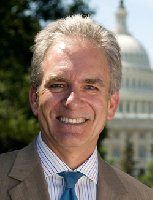
Brent Walker
|
Panelist Brent Walker, executive director of the Baptist Joint Committee for Religious Liberty, said for him a more interesting question is how a country like England with deep Christian roots can become so secular in the first place.
Walker surmised that one reason is privilege afforded to an established religion – in this case the Church of England – “sows the seeds of its own attenuation.”
“State support for religion tends to rob religion of its vitality and, for some, turns it into a mere ceremonial exercise,” said Walker, an ordained Baptist minister. “This is one reason why I object so strongly to efforts in the United States to use tax dollars to support religious education and church ministries, allow officially sanctioned prayer in the public schools, and tolerate government-sponsored religious symbols.”
Another panelist, Barry Lynn of American United for Separation of Church and State, noted the irony that in a country with an official church only one in 10 people attend religious services weekly.
The Church of England formed early in the Protestant Reformation after Pope Clement VII refused over a number of years to annul the marriage of King Henry VIII to Catherine of Aragon. The church in England recognized Henry as supreme head of the Anglican Church in 1531. If Prince William ever ascends to the throne, he will play the same role in the church.
Lynn, also an ordained minister in the United Church of Christ, said that relationship between church and state causes several things to happen.

Barry Lynn
|
“First, official ceremonies, including weddings, are held at the place where church and state commingle: the church building itself,” Lynn wrote. “Second, the public ends up finding no need to send resources or put in any time to buttress the fortunes of something that the government is already supporting. Finally, the very idea that a government would select an official religion and, by implication, that God blesses a particular denomination, is itself anathema even to many theists.”
Walker said that even in highly secular societies, non-religious people often continue to turn to religion to “solemnize” important life events because of tradition and “a deep-seated sense of longing for the divine.”
“Religion does a lot better when government gets out of the religion business and leaves it to its own devices,” Walker concluded.
Bob Allen is senior writer for Associated Baptist Press.

